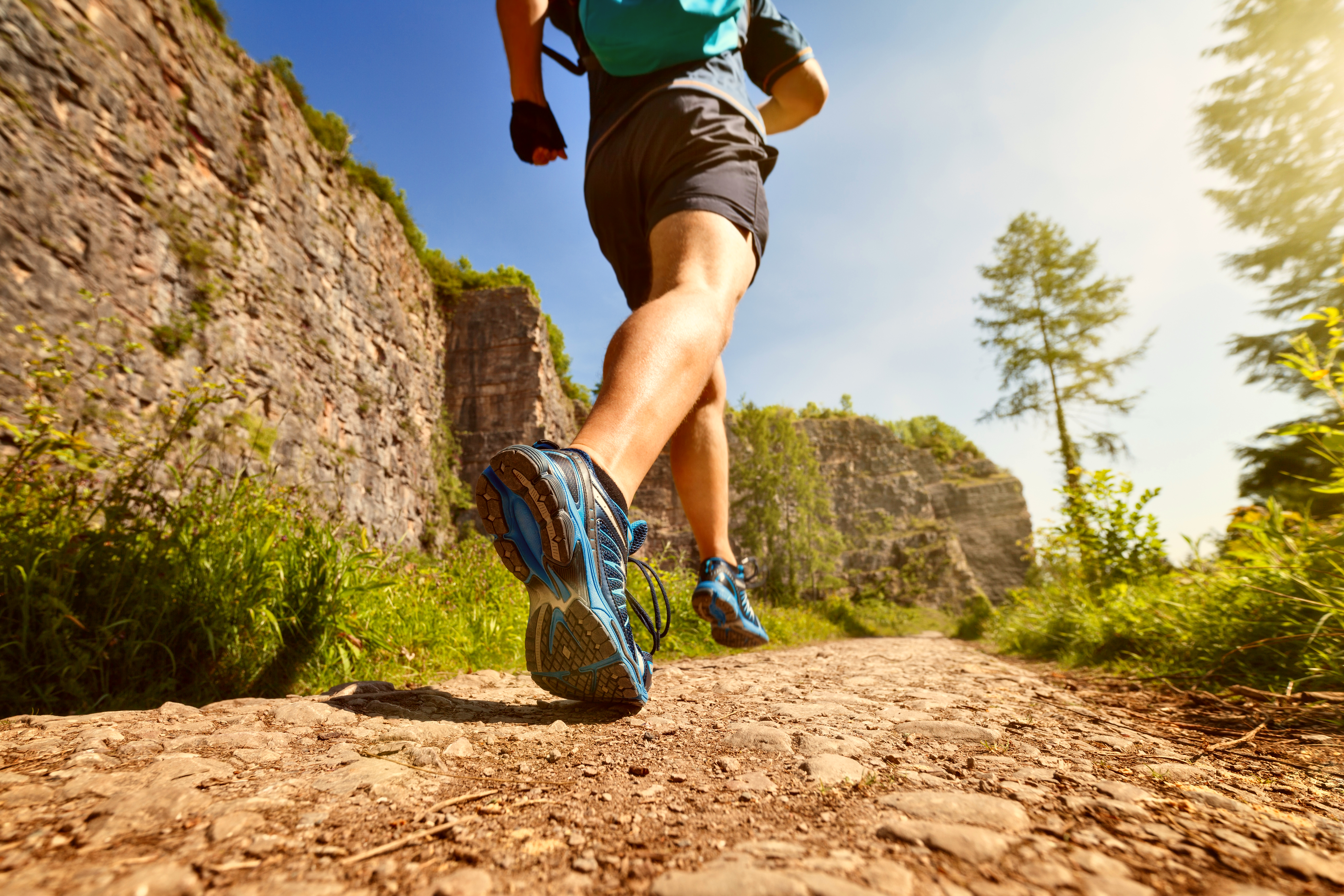The benefits of exercise while studying for your exams

ICAS Lecturer, Kit Kerr CA, looks back at studying for her TPS exams while training for the Edinburgh Marathon and discusses the many benefits of exercise when it comes to managing exam stress.
I remember it well. Sitting in the office and watching my friends traipse into the office after their first day of FR/TAX class in April 2013. They looked tired, overwhelmed and quite frankly, a bit terrified. I was filled with fear at the thought of the summer I had ahead of me, studying for my TPS exams.
That weekend, I tuned into the London Marathon coverage hoping to catch a glimpse of one of my friends who was running the race. She had trained while studying for her TPS exams and said that training for the marathon had helped to keep her motivated and had given her something else to focus on, a reason to put the books away. So, in the heat of the moment, I signed up to run the Edinburgh Marathon in 2014, just over a year away, during the training for which I would be sitting all four of my TPS exams.

Now, not everyone is a runner but the benefits of getting some exercise every day are vast, especially when you are going through a period of stress, intense studying or worry.
Did you know?
Just 15 minutes of exercise such as a brisk walk around the block or dancing around the living room for four songs can help your brain and therefore make studying that little bit easier? Studies in 2007 proved that exercise can help to improve the “executive function” of your brain – which is the part of the brain that does things like process things faster, respond to things more quickly and improve memory. All of which are very helpful when studying for exams.
Exercise also releases endorphins which reduce stress and increase feelings of happiness, boosting your mood.
During your ICAS classes, we try and give you a small break every hour or so. Why not use this to do some additional exercise?
Create a structure
When I was studying for my TPS exams, I used exercise to structure my days and create a routine. Over the summer, when studying for FR/Tax I told myself that every evening, no matter how stressed or lost I was feeling, I would stop studying by 8pm and go for a run. Some days I spent the entire run wondering what an accrual was or whether I could ever figure out how to account for a financial asset which was fair value through other comprehensive income, but those runs gave me space away from the books and time to process what I had learned.
Workout ideas
However, exercise doesn’t have to be about pounding the streets for hours, entering long-distance races or becoming an Olympic swimmer. Joe Wicks, the “nation’s PE coach”, helped thousands of people over lockdown with his HIIT workouts. YouTube also has hundreds of workouts from dance and boxing classes to core and yoga.
A few other ICAS lecturers provided me with their favourite ways to keep fit and healthy:
- cycling to work
- lunchtime walks around the block
- weights at the gym
- parkruns
- training for a challenge
- sea swimming
- dancing
- yoga
ICAS even joined in with our 2021 Well Together campaign, encouraging Members from around the world to join local “teams” on Strava to add up their distances completed on foot, on wheels or in the water to head around the world. The final combined total time was an incredible 180 days. You can still join the Strava clubs and get to know more CAs in your local area.

I’m not saying you should all take up marathon running or lift the heaviest weights in the gym. Small changes, even a walk before and after class, can help with your motivation, cognitive skills and help increase those feel good endorphins. Breaks are so important and so is setting yourself an end time for studying in the evening. Doing some exercise to wind down after a busy day or getting up sharp and getting in some exercise before sitting at your laptop for the day really makes a world of difference.
